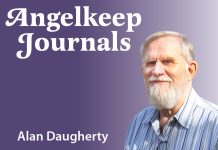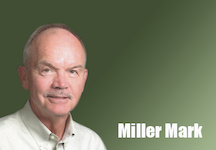I had a golf club in my hands this past week, and I was as bad as I’ve ever been. Unfortunately, I was as good as I’ve ever been. I think I’ve hit a plateau. I’ve also spent a lot of time thinking about 10,000 hours of practice. Now that you’re horribly confused, I’ll try…


